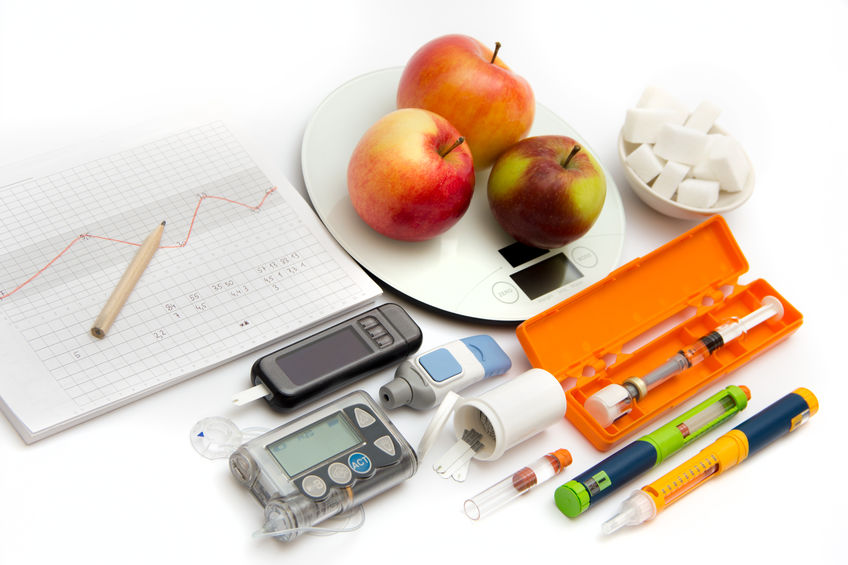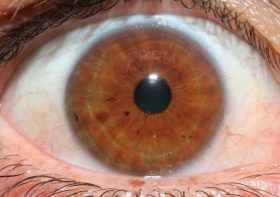Avoid illegally-marketed diabetes treatments

Illegally-marketed products that promise to treat, prevent, or even cure diabetes are becoming more popular as diabetes prevalence continues to rise.
For many reasons, the U.S. Food and Drug Administration (FDA), advises consumers to avoid using such products. They may contain dangerous ingredients, or they may be improperly marketed as OTC products (over-the-counter) when they should be sold as prescription products. Illegally marketed products pose an additional risk to people who delay or stop taking effective diabetes treatments. People with diabetes face greater risks of developing serious health problems if they don’t have proper management.
According to the Centers for Disease Control and Prevention, more than 30 million Americans have diabetes. One in four people doesn’t even know they have it. Millions more people have pre-diabetes. This means they have blood sugar levels that are higher than normal. They can lower their risk of developing diabetes by making healthy lifestyle choices, such as exercise and diet.
People with incurable or chronic diseases can feel depressed and may become easy targets. Bogus diabetes products are especially troubling as there are effective ways to manage this serious condition, rather than exposing patients and their families to unproven or unreasonably risky products,” Jason Humbert, a Captain with the U.S. Public Health Service and a member of FDA’s Office of Regulatory Affairs said. Failure to adhere to established treatment plans can result in blindness, kidney disease, blindness, and even death.
FDA conducts market surveys to identify illegally-marketed diabetes products and investigates complaints from consumers.
Unapproved Diabetes Drugs
FDA issued warning letters to companies that market diabetes products in violation of federal law. These products were promoted as dietary supplements, alternative medicines, such as ayurvedic prescribed drugs; over-the-counter drugs; and homeopathic remedies. Some companies promoted unapproved drugs that could be used to treat other serious diseases such as cancer and sexually transmitted diseases.
FDA laboratory analysis found that “all-natural” diabetes products contained undeclared active components found in approved prescription drugs for the treatment. Undeclared active ingredients could cause serious harm. These products can interact with other medications in dangerous ways if consumers or their healthcare professionals don’t know the exact active ingredients. One potential problem is that patients may be prescribed a higher combined dose of diabetic medications than they need. Hypoglycemia is a dangerous condition that can cause blood sugar to drop significantly.
FDA also investigates the illegal selling of prescription drugs through fraudulent online pharmacies. An online pharmacy may be legitimate if it requires patients to have a valid prescription and provides a physical address within the United States. It also licenses a pharmacist to answer any questions.
Online pharmacies that sell illegally illegal drugs may market prescription drugs that have not been approved by the United States. While some websites might offer prescription drugs that appear to be FDA-approved, FDA cannot guarantee that they are manufactured or handled by U.S. regulations. They also can’t ensure that the drugs are safe or effective for their intended purposes. There is also a possibility that the drugs could be fake, contaminated, expired or other unsafe substances.
The Problem is Wide-Reaching
Although products that promise a quick fix may seem appealing, consumers are actually gambling on their health. Diabetes is a chronic disease that can be managed. Humbert stated that people can reduce their chances of developing complications by following the advice of health care professionals, closely monitoring blood sugar levels, and adhering to a diet and exercise program.
Healthcare professionals and consumers should report any problems or reactions–often referred to as potential adverse reactions–to FDA’s MedWatch program at www.fda.gov/Medwatch/report.htm. You can also call 800-FDA-1088 (808-332-1088), fax to 800-FDA-0178, or mail FDA form 33500 (available on the MedWatch “Download Forms”) to the address indicated on the pre-addressed page.




Leave a Reply